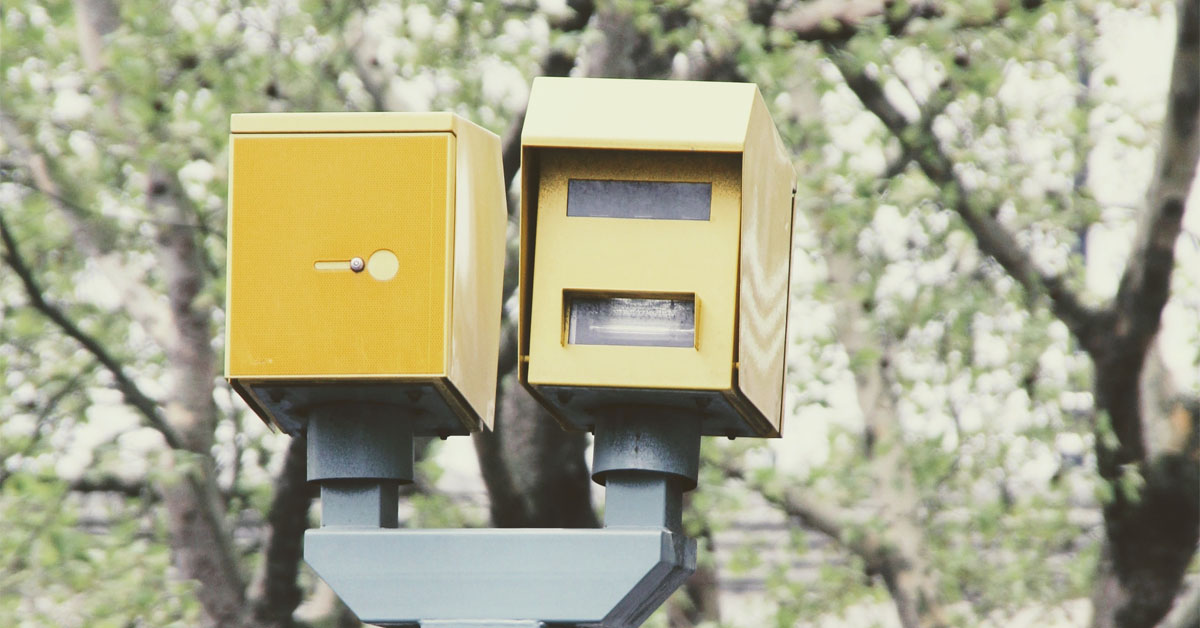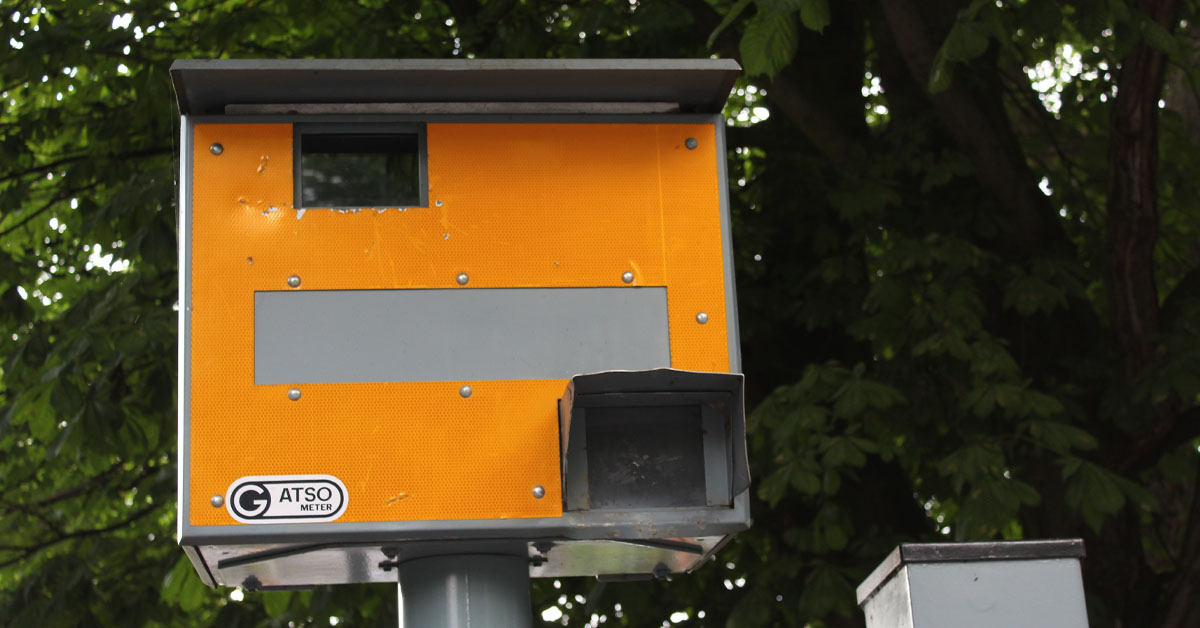Anti-Braking Cameras in the UK? Absolutely Not a Good Idea

A successful trial in Spain with anti-braking speed cameras may potentially wiggle its way into the United Kingdom. Hopefully, it stays in Europe.
We have average speed cameras littering our motorways, dangerous Smart motorway implementation, ULEZ charges in our cities, bus lane charges, restrictive 20 mph zones in Wales and now potentially on the horizon, we have anti-braking speed cameras. Could UK driving conditions get any worse?
Anti-braking speed cameras, what are they?
Novel devices will impose penalties on drivers attempting to evade fines by applying harsh braking manoeuvres to slow down when approaching speed cameras, and then rapidly accelerating after passing them.
These cameras have been deployed in Spain, and road safety experts at Road Angel are advocating for the adoption of this technology in the United Kingdom.
The anti-braking systems underwent trials in early 2020 and have now been officially implemented in the Navarra region of northeastern Spain following a successful pilot program.
According to Road Angel, many drivers are guilty of forcefully depressing the brake pedal to reach the legal speed limit as they approach a speed camera, only to swiftly apply the accelerator again after passing the surveillance zone.
Modern technology has been developed to make it more challenging for drivers to evade penalties, employing laser systems and 'Doppler effect technology' to accurately record a vehicle's speed over a specified distance.
Average speed cameras are also a common feature on roads throughout the UK, where two devices capture a vehicle's number plate to compute its average speed between the two cameras.
However, the Spanish government has taken it a step further by introducing anti-braking radars and a new technology known as 'cascading.'
The cascading system involves installing a mobile radar device at a significant distance, sometimes exceeding a kilometre, after a fixed-speed camera to detect drivers who accelerate after passing the initial camera, assuming they have escaped detection.
The speeding driver is then apprehended by the second mobile speed camera and may face a substantial fine and points on their driving license.
Anti-braking systems incorporate a mobile device positioned before the fixed-speed camera to identify drivers who slam on their brakes upon sighting the camera.
As a result, those motorists who brake aggressively as soon as the speed camera becomes visible have already been detected by the preceding mobile device.
Gary Digva, the founder of Road Angel, has cautioned all UK drivers that these new anti-braking systems could potentially be deployed nationwide to address speeding issues.

He remarked, "If introduced, these devices will apprehend and penalize a greater number of speeding motorists, encouraging more drivers to adhere to legal speed limits and enhance road safety."
This development follows the revelation that one in four fatal collisions on UK roads is attributable to speeding, resulting in over 2,500 people suffering serious injuries annually due to excessive speeds.
Digva further stated, "These alarming statistics alone should give motorists pause before speeding. However, it is safe to assume that the new technology will penalize even more drivers exceeding the legal speed limit, thereby contributing to the overall safety of UK roads."
Road Angel contends that by capturing drivers who engage in abrupt braking before passing fixed speed cameras, as well as employing technology to apprehend those who accelerate afterwards, the new radar devices will be capable of penalizing a significantly larger number of motorists than existing systems.
"Though the battle continues to reduce instances of speeding on UK roads and accidents resulting from excessive speed, we believe that introducing this new technology to the UK will help make our roads safer," Digva added.
Why these anti-braking speed cameras won't work
The idea in itself makes sense because drivers absolutely do slow down before a speed camera and speed up. But attaching anti-braking cameras a mile before a speed camera just means drivers will simply slow down before they reach the anti-braking cameras, instead of right before a speed camera.
After that, they will maintain their speed until they're outside of the anti-braking and speed camera zone and then speed up to illegal speeds once again.
Unless the councils and government plan to add these anti-braking cameras to every mile of motorway in the UK (2,300 miles distance), these cameras will simply just cause congestion and piss people off.
Will they catch a few stragglers after implementation? More than likely. But it won't be long before people catch on and evade the system by slowing down just before the new cameras and then speeding up outside of the zone.
If they don't tell you where the anti-braking cameras are, people will simply drive a couple of miles after a speed camera at the speed limit to ensure they are outside of the zone. We also have many apps these days like Waze that tell you where cameras are located.
To UK citizens, this will just look like another money-making tactic when drivers are already pushed to the brink with the cost of living crisis, massive insurance hikes, and new and used cars (and parts) increasing massively.
Established in 2009, Stable Vehicle Contracts is a UK-based premium vehicle leasing company. We are part of a large, privately owned, Volkswagen and Audi dealership group with over 25 sites. Stable Vehicle Contracts has the ability to offer the very best car and commercial vehicle lease deals and thanks to our partners in the trade, we've become leaders in the supply of cars and commercial vehicles through leasing.
Give us a call today at 0151 728 4711 or visit our Special Offers page to see what deals we have on. Alternatively, signup for our leasing offers newsletter to get our latest deals delivered straight to your inbox.